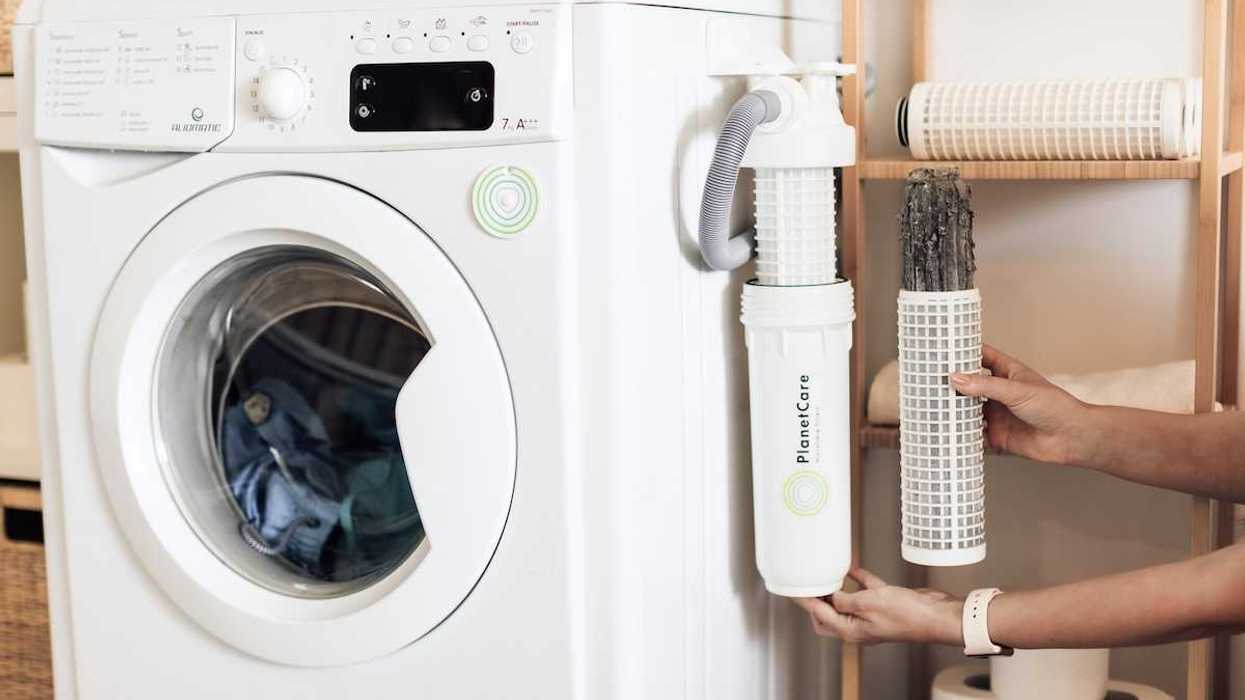The European Commission is keeping its assessment of endocrine-disrupting compounds secret. Ségolène Royal demands daylight. Part 2 of 3.
Since 2013, the European Commission has been blocking the regulation of endocrine disruptors—dangerous pollutants that are ubiquitous in our everyday environment. In a rare move, several European countries, including France, and supported by the European Parliament and the European Council, took the case to the Court of Justice of the European Union. In 2015, the Court held that the Commission had indeed "violated the right of the Union", when it is supposed to be its guarantor. The agrochemical giants had succeeded in immobilizing the Commission by pushing for a confidential "impact study", which would evaluate for them the economic consequences of regulating these pollutants.
In an interview with Le Monde, the French Environment Minister, Ségolène Royal calls for disclosure of this document and says she is concerned about the strength of the lobbies in secret decision making that affects public health.
The European Commission is under an obligation to present the criteria that will be used to regulate endocrine disruptors (EDCs). What is France's position on this?
It is necessary for the EU to create a regulation that protects health and the environment. What needs to happen first is the adoption of criteria to define these substances. France supports the adoption of a definition that comprises several categories of EDCs depending on the level of certainty that exists on the endocrine disrupting properties of the substance. However, these criteria should not be based on the concept of "potency", which would allow known endocrine disruptors to remain on the market if their "potency" is low. This is because the scientific consensus, as explained several researchers who I received recently, say that it is not possible to exclude some negative health effects of these chemicals even at low levels of exposure.
France supports the full implementation of EU regulations on pesticides and biocides: if a substance is a known endocrine disruptor, it must be withdrawn from the market.
What will France do if the criteria presented by the Commission do not reflect the scientific consensus?
First of all, I made sure France joined Sweden in recourse against the Commission for their inaction on this issue. The criteria for defining endocrine disruptors should have been presented by the Commission in 2013, but this was not the case. In December 2015, the Commission was found in breach of the law by the Court of Justice of the European Union, which I welcome because it shows that we were right.
The European Commissioner for Health has assured me that before the summer the Commission will make a proposal for regulatory criteria applicable to endocrine disruptors in the pesticides and biocides regulation. If these criteria are not consistent with the scientific consensus, and especially if they incorporate the concept of "potency", Sweden intends to continue the litigation against the Commission. And France will join it.
Brussels ordered an economic impact assessment prior to establishing these criteria defining endocrine disruptors. Have the French authorities had access to this document?
No—and that is very problematic. To date, this study is only accessible to members of the European Commission. I call on the Commission to send this document to me and to make it public. We are also going to ask that everyone working on this issue in Brussels, as well as on all other public health issues in general, declare any conflicts of interest because the economic stakes are high. Society is more and more unhappy that lobbies are influencing decisions that are being taken in secret.
France is the first European country to ban Bisphenol A (BPA), an endocrine disruptor, in food containers. Doesn't this isolate France on this issue?
France has indeed been a pioneer in the protection of its population and its environment against the risks associated with BPA: being a leader on these topics allows us to help move other countries forward. The challenge now is to take this ambition to the European level. The Commission has initiated a revision of the regulation on BPA in food containers. When completed, if the European community decides to adopt less protective measures, the French ban could be challenged. This would not be acceptable. Citizens expect to have their health protected, and this is especially true for the most vulnerable groups, such as pregnant women and children.
For the moment, the discussions I have had with the Commission are very worrying. They indicate that Brussels is moving in the direction of setting a limit on how much BPA is allowed to migrate into materials that are in contact with foodstuffs. If this option were chosen, it would decrease the level of consumer protection.
Given the uncertainties and divergences in scientific opinion that have not yet been clarified, it seems to me that the only option is to keep the ban on BPA in all food containers. If this ban has been implemented in France, it shows that such a move is possible! Such measures are a driver of innovation and economic progress.














